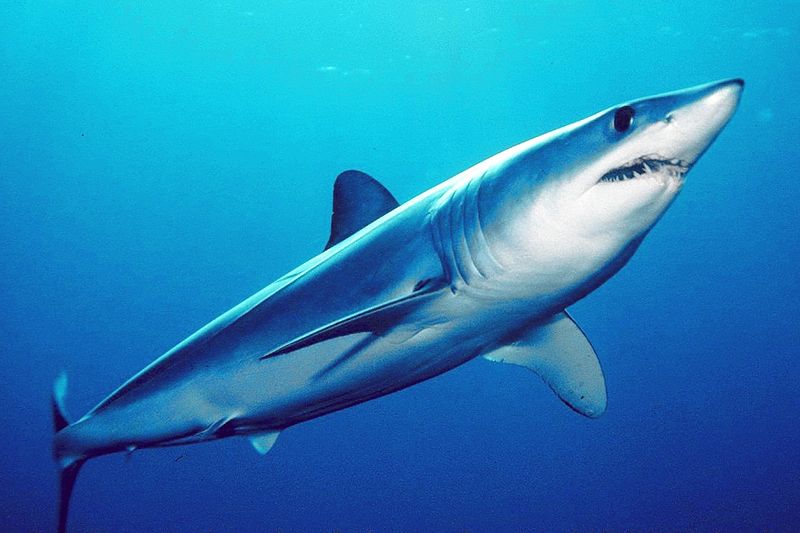Science News Roundup: World's largest fish are female; Kaspersky study finds support for human augmentation and more
COVID-19 screening in public venues is unreliable NASA mulls possible mission to Venus after recent discovery of possible life NASA is considering approving by next April up to two planetary science missions from four proposals under review, including one to Venus that scientists involved in the project said could help determine whether or not that planet harbors life.

Following is a summary of current science news briefs.
Common public screening methods unreliable; student athletes may need heart test after COVID-19
The following is a roundup of some of the latest scientific studies on the novel coronavirus and efforts to find treatments and vaccines for COVID-19, the illness caused by the virus.
COVID-19 screening in public venues is unreliable NASA mulls possible mission to Venus after recent discovery of possible life
NASA is considering approving by next April up to two planetary science missions from four proposals under review, including one to Venus that scientists involved in the project said could help determine whether or not that planet harbors life. An international research team on Monday described evidence of potential microbes residing in the harshly acidic Venusian clouds: traces of phosphine, a gas that on Earth is produced by bacteria inhabiting oxygen-free environments.
It provided strong potential evidence of life beyond Earth. Girl power in the deep blue sea: World's largest fish are female
Male and female whale sharks - filter-feeding marine behemoths - grow at different rates, with females doing so more slowly but getting much larger than the guys, according to research that offers deeper insight into the biology of Earth's largest fish. Researchers said on Wednesday they had tracked the growth of 54 whale sharks over a 10-year period in the vast Ningaloo Reef off Australia's west coast, where hundreds of these slow-swimming endangered fish migrate annually.
The future is cyborg: Kaspersky study finds support for human augmentation
Nearly two thirds of people in leading Western European countries would consider augmenting the human body with technology to improve their lives, mostly to improve health, according to research commissioned by Kaspersky. As humanity journeys further into a technological revolution that its leaders say will change every aspect of our lives, opportunities abound to transform the ways our bodies operate from guarding against cancer to turbo-charging the brain.
Hyundai Samho delivers world's first LNG-powered very large container ship
South Korean shipbuilder Hyundai Samho Heavy Industries Co Ltd said on Wednesday it had delivered the world's first very large container ship powered by liquefied natural gas (LNG) to Singapore's Eastern Pacific Shipping Pte Ltd. The shipping industry has been under pressure to reduce carbon emissions, introducing new rules this year to cut the sulphur content in marine, or bunker, fuels.
European space agency signs deal for asteroid defence mission
The European space agency (ESA) signed a deal worth 129 million euros ($154 million) on Tuesday to make a spacecraft for a joint project with NASA looking at how to deflect an asteroid heading for Earth. NASA is due to launch a spacecraft in June 2021 set on a collision course with the Dimorphos asteroid to test whether it would be possible to nudge objects that might be threatening Earth onto a safer path.
One of largest known T. rex skeletons up for auction at Christie’s
The British auction house Christie’s plans to sell the skeleton of one of the largest known Tyrannosaurus rexes in early October, the company said on Wednesday. The dinosaur known as “STAN,”, approximately 67 million years old, was discovered in 1987 in South Dakota by amateur paleontologist Stan Sacrison.
(With inputs from agencies.)
- READ MORE ON:
- NASA
- Earth
- Venus
- Venusian
- Australia
- Christie's
- South Dakota
- South Korean
- Singapore
- COVID-19
ALSO READ
Australian Warship's Bold Voyage Through the Taiwan Strait
Thrilling Showdown: India Falls to Australia in Hockey Shootout
Controversy Over Repatriation of Australians from Syria
Australian Frigate Navigates Tensions in Taiwan Strait
The Gamble-Play Craze: From Claw Machines to Blind Boxes in Australia










